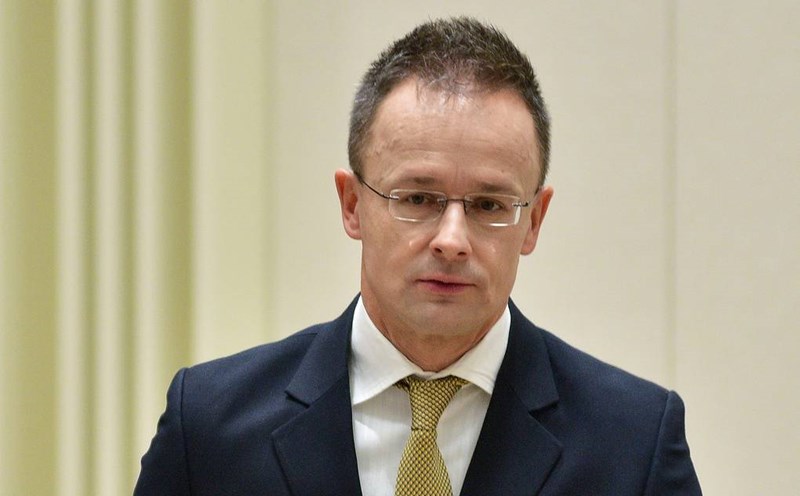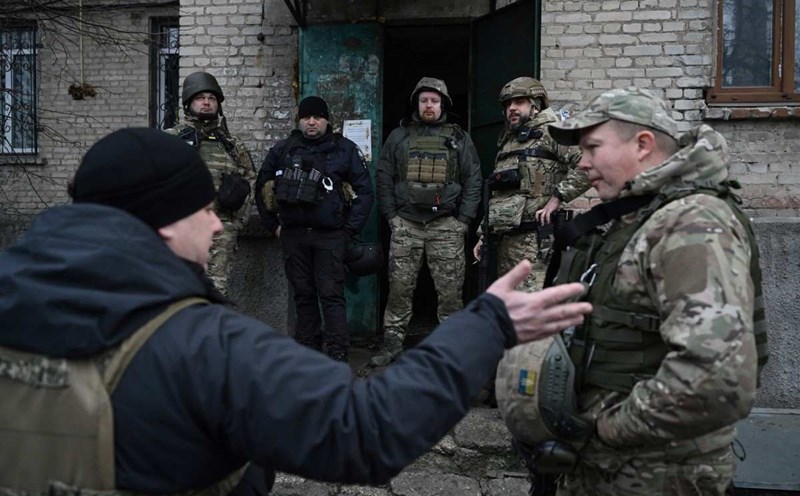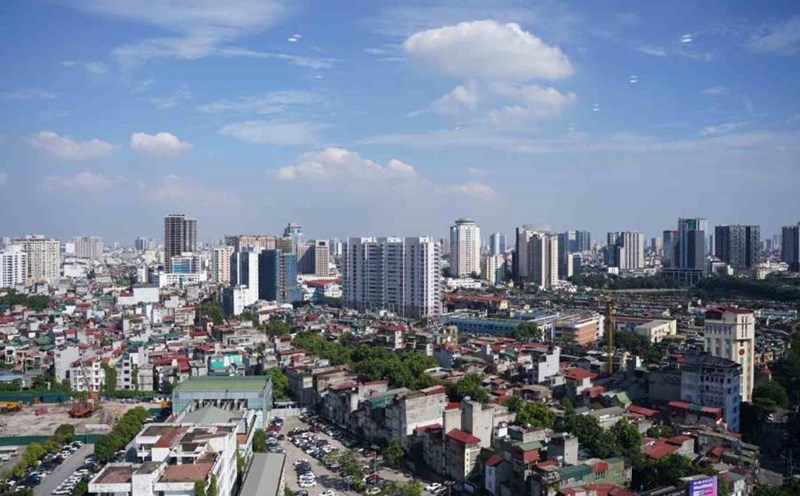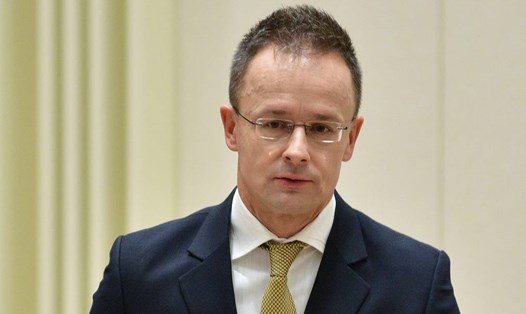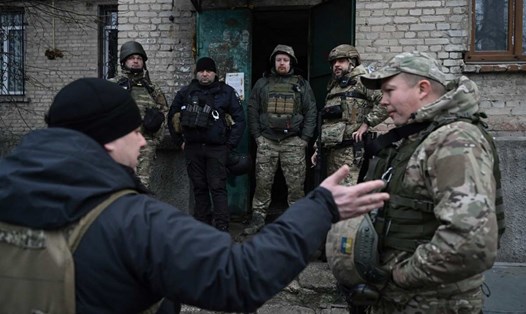According to Reuters, on February 3, Ukraine used dozens of unmanned aerial vehicles (UAVs) to attack energy facilities in southern Russia, causing fires in many places and disrupting air transport.
The Russian Defense Ministry said that nearly 70 Ukrainian UAVs were intercepted and destroyed overnight, including 25 in the Volgograd region, 27 in the Rostov region and seven in the Astrakhan region.
Volgograd Governor Andrei Bocharov said some debris from the falling UAV caused a fire at an oil refinery but did not specify which facility was affected.
According to the Telegram channel Baza (Russia), it is possible that the oil refinery operated by Lukoil in Volgograd Oblast was affected because a series of explosions were heard nearby. This plant has a capacity of 300,000 barrels/day, the largest in southern Russia.
In the neighboring Astrakhan region, Governor Igor Babushkin said Ukrainian UAVs attempted to attack energy facilities.
The plant that was attacked, which Russian media said was controlled by gas giant Gazprom, has the capacity to process about 8,340 tons of condensate gas per day.
However, neither Gazprom nor Lukoil have yet confirmed the above information.
On the Ukrainian side, Lieutenant Andriy Kovalenko, head of the Center for Countering Disinformation of the National Security and Defense Council of Ukraine, also announced that the Astrakhan gas processing plant had been attacked.
Video footage from the scene shows huge flames and black smoke billowing into the night sky above an oil and gas processing plant, as onlookers expressed shock at the scale of the blaze.
Russia's aviation agency Rosaviatsia temporarily suspended flights at several airports to ensure air safety. Most flights have since resumed.
Ukraine regularly carries out UAV airstrikes on Russian territory as part of its efforts to respond to Moscow's special military operation since 2022.
Russia has declared the attacks an act of terrorism, escalating the conflict and accusing the West of supporting Ukraine with weapons and intelligence.
Ukrainian officials, meanwhile, insist they have the right to respond, as Russia's energy, transport and military infrastructure plays a key role in fueling the conflict.


